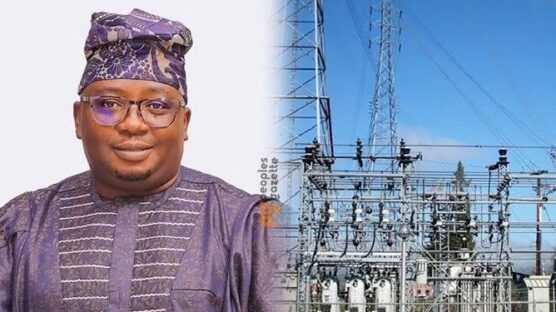
Band-A tariff hike has reduced electricity subsidy to N1trn — Adelabu
Defending the recent hike in electricity tariffs, which has attracted wild reactions and resistance from Nigerians, Minister of Power, Mr. Adebayo Adelabu, on Tuesday, said that the introduction of higher tariffs for Band A users has reduced the electricity subsidy paid by the Government from about N3 trillion to N1 trillion.
Adelabu disclosed this at the public hearing on electricity tariffs in Abuja on Tuesday, organised by the House of Representatives Joint Committee on Power, Commerce, National Planning, and Delegated Legislation.
Adelabu, who stated that without an increase in electricity tariffs, the expected subsidy would have been about N3 trillion, mentioned that the Federal Government could no longer afford to bear the cost of N3 trillion in subsidies.
Adelabu, who argued that the cost of electricity is still cheaper compared to premium motor spirit and diesel, even with the increase in electricity tariff, said Nigeria offers the cheapest electricity tariff in sub-Saharan Africa.
“We are still about the cheapest, even in sub-Saharan, in spite of the tariff. Our neighboring countries pay higher. So the price isn’t comparable.
“Band A is cheaper compared to other sources of generating power. It is almost 50 per cent cheaper to connect to band A of the national grid than to run on fuel and diesel.
“So when we complain about the higher tariff, it is cheaper for any business to pay for a grid connection than to individually generate power,” he said.
However, Deputy Speaker of the House of Representatives Benjamin Kalu reiterated that the Nigeria Electricity Regulatory Commission’s decision to increase electricity tariffs had generated wild resistance.
According to him, while the NERC justified the tariff hike to address mounting debt and ensure the continued functioning of the power sector, the fears expressed by the masses were valid.
Mentioning that a sharp increase in electricity tariffs would further worsen the economic predicament already faced by the masses, he said, “There are genuine concerns that higher utility bills resulting from this tariff hike can have ripple effects on operational costs for businesses, potentially leading to increased prices of goods and services.”




